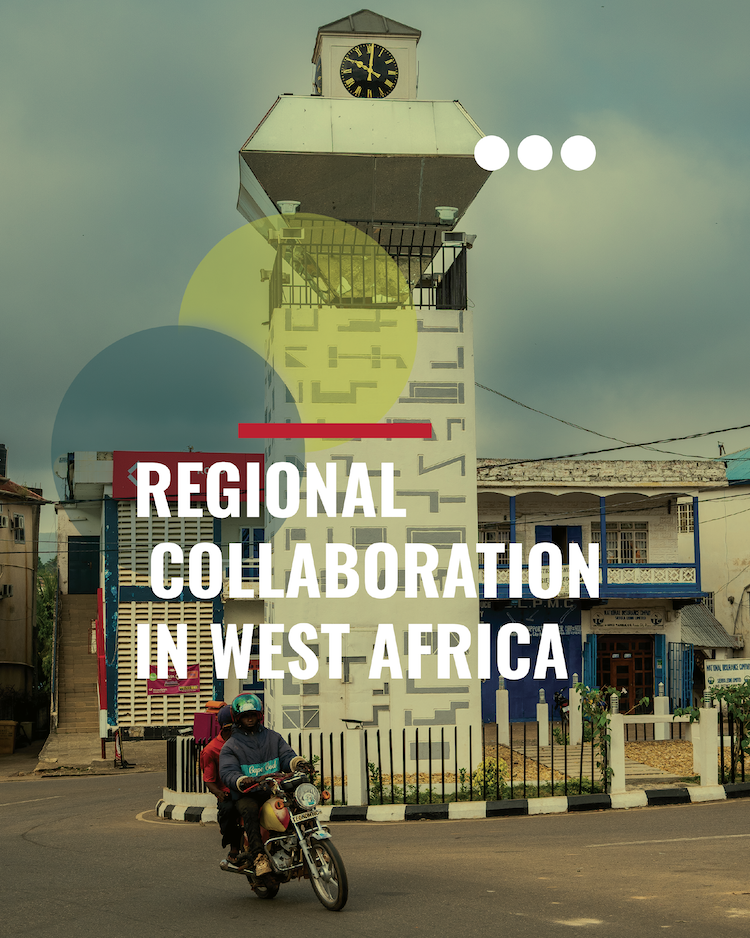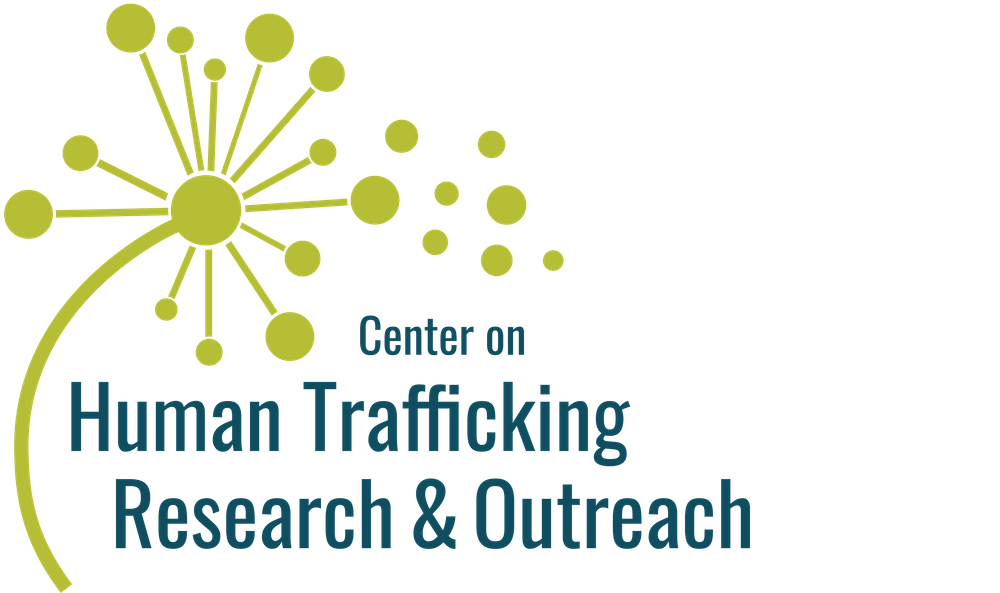 |
|
|
The cross-border nature of human trafficking across West Africa has been affirmed continually since CenHTRO began working in the region. Children from Sierra Leone are trafficked as domestic servants in Guinea. Nigerian girls and young women are forced into commercial sex in Senegal. Our baseline research has pointed to the necessity for West African governments and regional entities to work in partnership to curb human trafficking. The call for improved cross-border collaboration has been repeated in documentation from partner organizations, discussions with law enforcement and diplomatic stakeholders, and engagements with regional anti-trafficking leaders. |
 |
|
CenHTRO is responding. The first step was co-facilitating the Regional Conference of ECOWAS States on Ending Human Trafficking in April 2023. CenHTRO has subsequently been working to identify a strategic opportunity to expand our country-specific experience to an engagement that is regional in scope and builds on the objectives outlined in the Freetown Roadmap. In February 2024, CenHTRO will launch the West Africa Regional Cohort with an in-person convening set to take place in Abuja, Nigeria. The cohort will consist of focal leaders representing the national anti-trafficking task forces of four West African countries: Senegal, Sierra Leone, Guinea, and Nigeria. Over the span of the next two years, cohort members will work towards two primary goals: harmonizing practices and mutualizing efforts for context-specific trauma-informed protective care of victims across the region, and enhancing cross-border collaboration and communication frameworks. The tools and mechanisms developed in coordination with these initial four countries are intended to be replicable across the region at-large. Although trauma-informed care training and implementation frameworks have been integrated on some level within the region, the identified gap lies in connecting these psychosocial, evidence-based ideals to the nuanced specifics of localized cultural norms, country contexts, and survivor experiences. By facilitating collaboration between West African national and regional governing entities with survivor advocates, trauma experts, and frontline responders, this engagement seeks to establish a way forward in protective services that is intricately informed by West African perspectives. International Social Services-West Africa (ISS-WA) will be joining CenHTRO in facilitating this effort as consultative experts on the regional implementation of protective service instruments.
|
|
